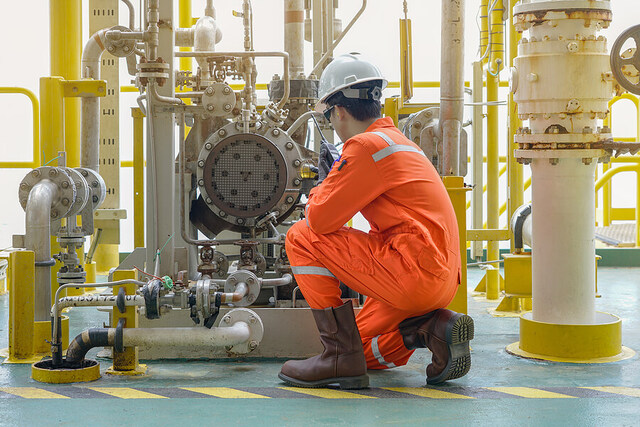Pump Noise Levels: Their Causes And When To Be Concerned

Commercial-grade high-pressure pump systems operated across various industries, such as commercial cleaning, pest control, and agriculture, typically involve many moving parts to function. Thus, it is unsurprising that some components will generate noise during operation. While some plunger pump noise is expected, high noise levels could also indicate something amiss. For example, noises that suddenly erupt or become louder over time are indicators of the following problems and that it may be time to enlist pump servicing in Singapore to rectify noise levels.
1. Water Hammering or Cavitation
A rattling sound coming from inside a pump may be due to damaging cavitation. This cavitation may result from an implosion of internal gaseous bubbles resulting from improper pressure, restricted flow, and other issues. Similarly, water hammering occurs due to a single implosion of a huge and gaseous bubble or air pocket, causing a loud bang.
2. Poor Inlet Plumbing Configuration
If you have a large plastic housing that comes with a tank built-in, or loose hoses running along the floor of the plastic housing with a pump on top, this configuration will likely result in too much noise. Likewise, hoses that are not appropriately routed away from the walls and housing may cause issues.
3. Worn Seals and Leaking Inlet Plumbing
When inlet plumbing experiences air leaks, they create deafening noises. Leaks tend to form if there is deterioration in a pump’s seals, such as being cracked or drying out. Similar to cavitation, these leaks can lead to pump damage if not corrected. Hence, it is vital to check all the connections regularly and ensure they have a proper seal.
4. Contaminated Grease or Oil
Insufficient preventative maintenance or a dirty working environment are two possible factors that can cause issues and possibly result in a loss of lubricating grease. Particulates in lubricants often lead to scratches and damages to a pump system, producing noise. Moreover, water contamination can also make the connecting rods open up, causing the pump to knock like a car engine, particularly during starting or stopping the motor or when there is a change of speed/load.
5. Worn Cam Bearing
The plunger slot and cam bearing connected at the end of a motor tends to wear out whenever a pump is nearing its end of life. Thankfully, proper maintenance is more than enough to alleviate the issue.
6. Improper Outlet Hose
Pulsation tends to occur in hoses either too long, rigid, weak, or soft, resulting in a drumming sound. To minimise these pulsations, using a pulse hose is recommended because it can dissipate built-up pressure and energy, making the liquids flow more smoothly.
7. Improperly Secured Equipment
Pumps that are not sufficiently secured to equipment can cause the components within to rattle around. Apart from using rubber vibration isolation mounts to mitigate the issue, it is always best to ensure that all the fittings are tightened before operation.
8. High Flow
Although not an issue of the pump itself, high flow at low pressure is typically more prone to noise and is thus expected at some level; likewise, an increase in performance, especially flow, will also produce more noise. Higher flow rate pumps with bigger plungers observe more movement due to the cam being offset farther than smaller pumps, creating more noise and vibration.
What is The Acceptable Noise Level for Pumps?
Businesses can infer the acceptable decibel level of a pump system from the type of pump used and the performance they wish to get from it. For instance, electric pumps will emit a consistent hum, typically producing around 80-85 dB of noise or lower. On the other hand, gas-operated pumps can reach over 100 dB because of their internal combustion engines, which warrant hearing protection.
Centrifugal pumps operate more quietly since they do not comprise parts that change direction; it typically uses a fan that spins. However, the drawback is that it is less efficient, requiring four times the horsepower of a plunger pump to achieve a similar pressure and flow rate.
However, remember that defining an acceptable pump noise level is not that simple as what one defines as noise is ultimately subjective. The environment where a pump is used may form a business’s opinion on whether their pump system sounds acceptable or too noisy. For instance, the permissible decibel level in an agricultural setting may not be the case in a residential neighbourhood.
Conclusion
Noise is a given during pump operation, and it is vital to note that the harder a pump is working, the noisier it will be. However, not all noise is acceptable since odd sounds almost always indicate something wrong with a pump. As such, it is essential to pay close attention to your pump systems and regularly perform proper maintenance.

